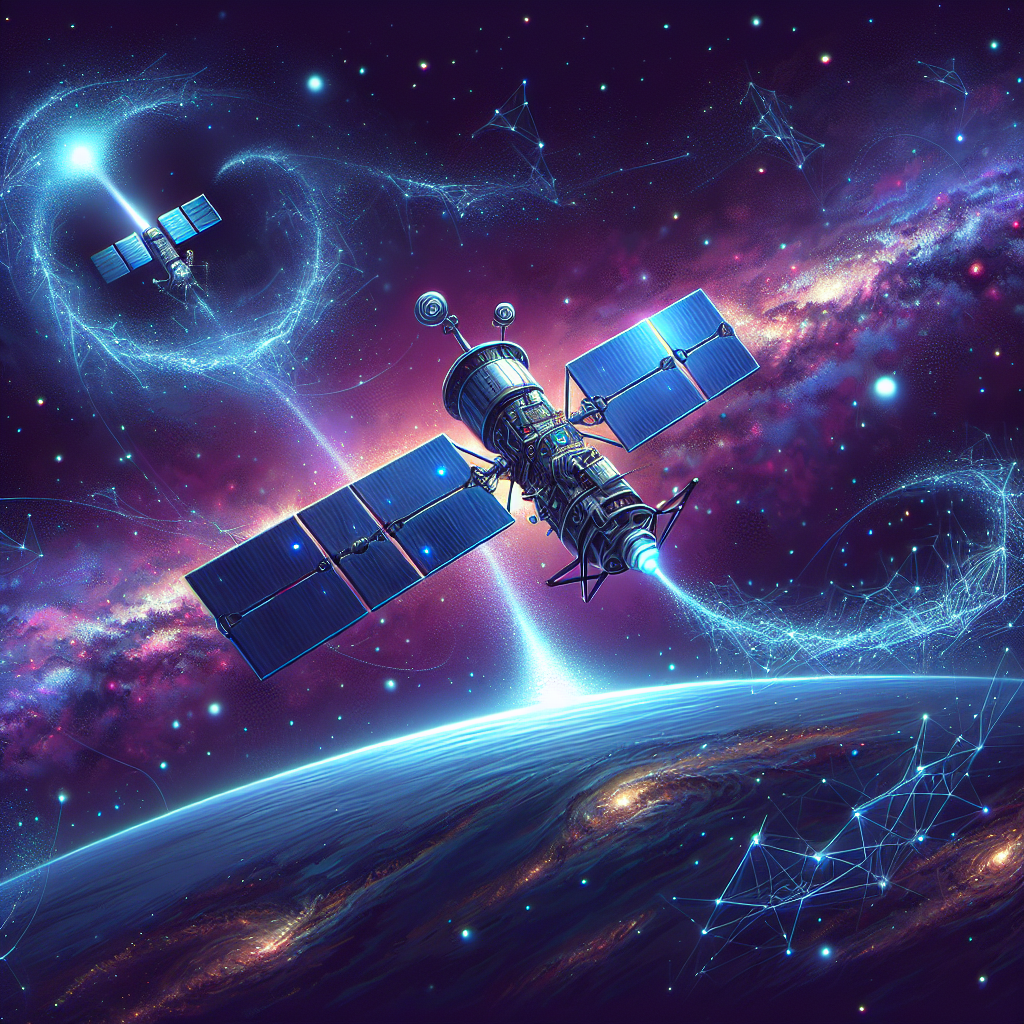The Future of AI Development in Space Exploration
Artificial Intelligence (AI) has been making significant strides in various industries, and space exploration is no exception. The integration of AI technologies in space missions has the potential to revolutionize the way we explore and understand the universe. From autonomous spacecraft to intelligent rovers, AI is playing a crucial role in advancing the capabilities of space exploration.
One of the key advantages of AI in space exploration is its ability to process vast amounts of data quickly and make decisions in real-time. This is particularly important in missions that involve exploring distant planets or moons where communication delays make it impossible for human operators to control spacecraft in real-time.
AI can also enhance the autonomy of spacecraft and rovers, allowing them to navigate challenging terrain, conduct scientific experiments, and make decisions without human intervention. This autonomy is crucial for missions to Mars, where communication delays can range from 4 to 24 minutes depending on the position of Earth and Mars in their orbits.
Furthermore, AI can improve the efficiency of space missions by optimizing resource allocation, scheduling tasks, and predicting equipment failures. This can help reduce costs and improve the success rate of missions.
In recent years, AI has been used in several space missions to great success. For example, NASA’s Curiosity rover on Mars uses AI algorithms to autonomously navigate the Martian terrain and select targets for its scientific instruments. The European Space Agency’s ExoMars rover is also equipped with AI technologies to help it search for signs of past life on the red planet.
Looking ahead, the future of AI development in space exploration is bright. Scientists and engineers are working on developing more sophisticated AI algorithms that can handle complex tasks such as analyzing large datasets, planning multi-step missions, and collaborating with other AI systems.
One area of focus is the development of AI systems that can learn from experience and adapt to new situations. This could enable spacecraft and rovers to respond to unforeseen challenges and make decisions based on their past experiences.
Another promising development is the use of AI in space telescopes to enhance their ability to detect and study exoplanets. AI algorithms can help analyze the vast amounts of data collected by telescopes and identify potentially habitable planets that may harbor alien life.
Furthermore, AI-powered robots could play a significant role in future space missions, performing tasks such as constructing habitats on the Moon or Mars, repairing spacecraft in orbit, and even mining resources from asteroids.
In addition to its practical applications, AI in space exploration also raises ethical and philosophical questions. For example, how do we ensure that AI systems behave ethically and make decisions that align with human values? How do we prevent AI from going rogue and causing harm to humans or the environment?
These are important questions that will need to be addressed as AI technologies continue to advance and become more integrated into space missions.
Overall, the future of AI development in space exploration holds great promise for expanding our knowledge of the universe and enabling us to explore new frontiers. By leveraging the power of AI, we can overcome the challenges of space exploration and unlock the mysteries of the cosmos.
FAQs:
Q: How is AI used in space exploration?
A: AI is used in space exploration to enhance the autonomy of spacecraft and rovers, process vast amounts of data quickly, optimize resource allocation, and improve the efficiency of missions. AI technologies are also used to analyze data collected by space telescopes, identify potential exoplanets, and assist in the search for alien life.
Q: What are some examples of AI in space missions?
A: NASA’s Curiosity rover on Mars uses AI algorithms to autonomously navigate the Martian terrain and select targets for its scientific instruments. The European Space Agency’s ExoMars rover is also equipped with AI technologies to help it search for signs of past life on the red planet. AI is also used in space telescopes to analyze data and identify exoplanets.
Q: What are the future developments of AI in space exploration?
A: The future of AI development in space exploration includes the development of more sophisticated AI algorithms that can handle complex tasks, the use of AI systems that can learn from experience and adapt to new situations, and the integration of AI-powered robots in space missions. AI technologies will continue to play a crucial role in expanding our knowledge of the universe and enabling us to explore new frontiers.

